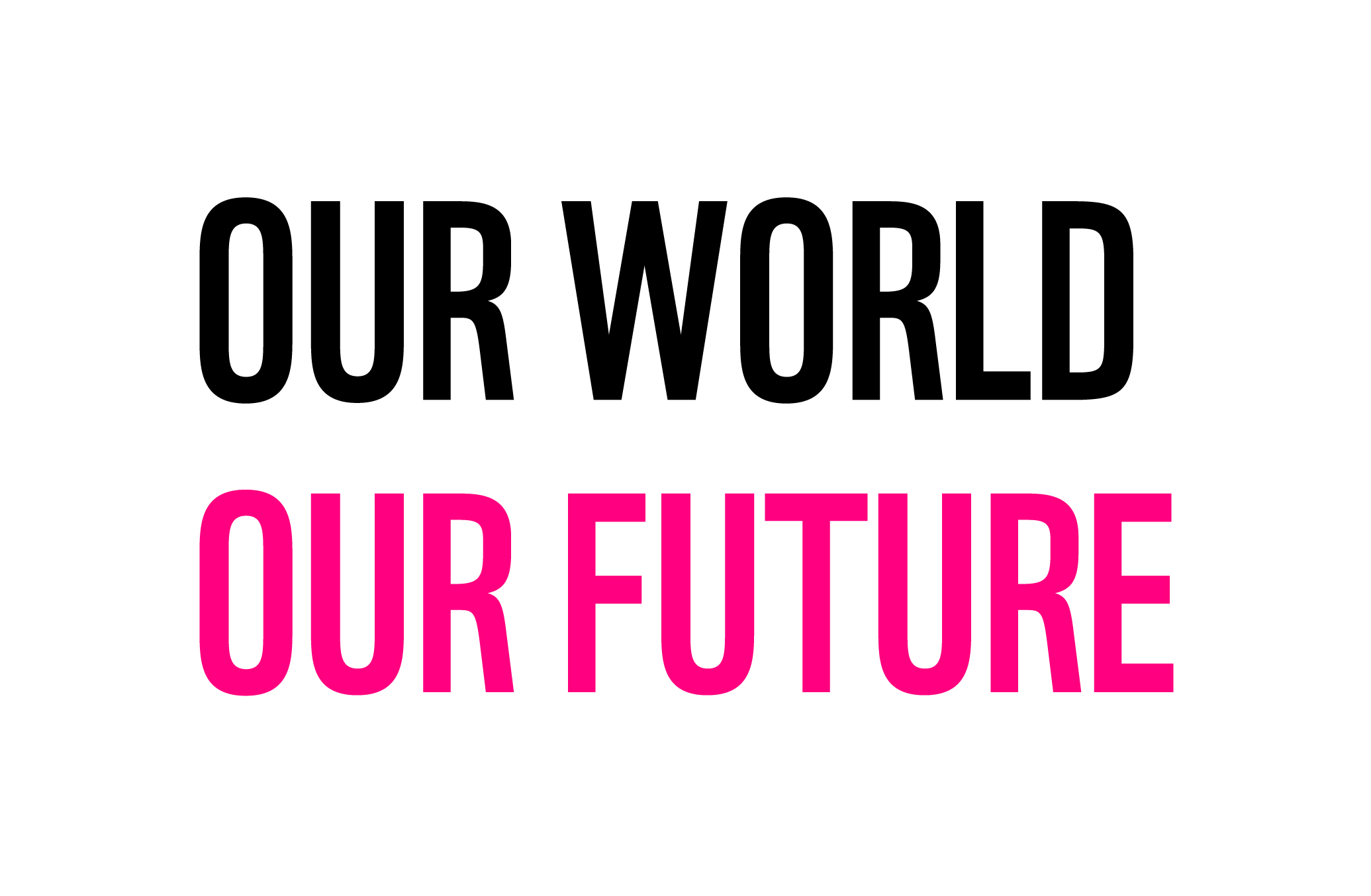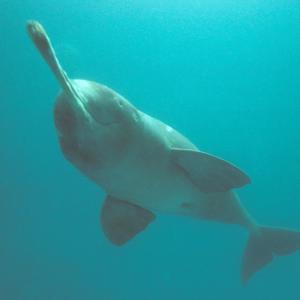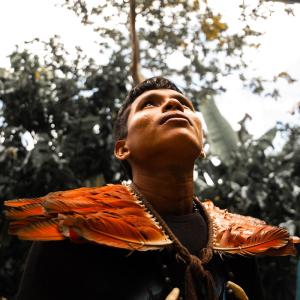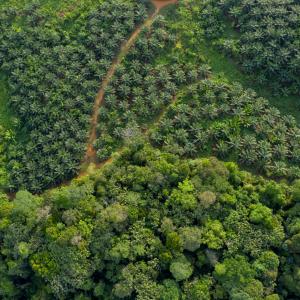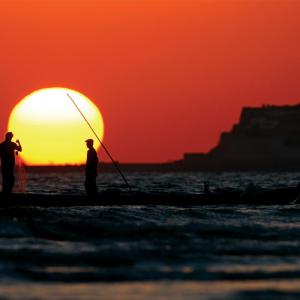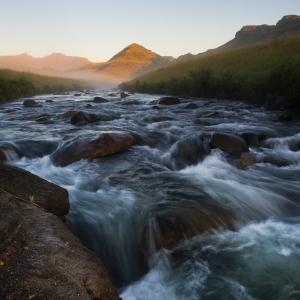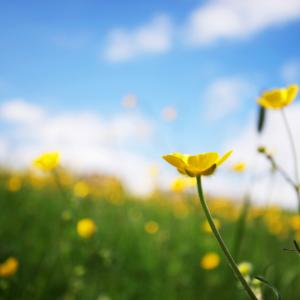
Why we're working together
As the effects of biodiversity loss and climate change intensify, the need for immediate action has never been greater. What humanity does in the next few years will determine the future for nature, biodiversity, and life on Earth.
Nature is vital and underpins everything that makes our lives possible. Nature provides us with the food we eat, the water we drink, and the air we breathe. It also contributes hugely to our society and economy. We cannot survive without it. We need to reverse the damage we have done to our planet and restore the natural systems we all depend on.

At WWF, we know we cannot achieve this level of change alone. We need to mobilise the public and persuade governments to act. This is why Reckitt and WWF partnered, to urgently tackle the causes head-on, using our collaboration and scale to maximum effect. Working with Reckitt, a global, industry-leading company, enables us to reach new audiences, and allows our voices to be heard in the cleaning, manufacturing and hygiene industries.
At the heart of the partnership will be a focus on nature, business and communities where we’ll be a positive force in restoring balance in some of the most important ecosystems of the world - and support the people and communities that rely on them.

What we've achieved so far
Our partnership with Reckitt has achieved great things.
In India, we have worked with over 117,000 farmers to demonstrate sustainable agricultural practices, alongside saving over 1 billion litres of irrigation water, to flow back into local rivers and wetlands. Over 5,900 turtle eggs have been rescued and hatched, freshwater turtles have been rescued and released, 75 gharials (a type of Asian crocodile) have been reintroduced to help re-establish a healthy breeding population and work is ongoing to increase the population of the Ganges river dolphin.

In Brazil, our work has helped 2,900 people living in indigenous villages affected by mercury contamination to have better access to clean drinking water, 150 families from Munduruku Indigenous communities have been supported to establish community enterprises and a successful pilot of ‘pingers’ (devices emitting sound to prevent river dolphins from getting stuck in nets) has enabled local fishermen to increase their yield by 50% while protecting river dolphins.
With Air Wick, we have helped restore more than 1 billion square feet of wildflower habitat in 11 countries, the equivalent of 14,430 football fields.
With Finish, we have reached over 489 million people globally urging individuals to reduce their water footprint at home and sharing information on threats rivers and wetlands face.
Hear from our people
Tanya Steele, CEO of WWF-UK, David Croft, Group Head of Sustainability at Reckitt, Suresh Babu, Director of River Basins & Water Policy at WWF-India, and more talk about the exciting second phase of our partnership.
